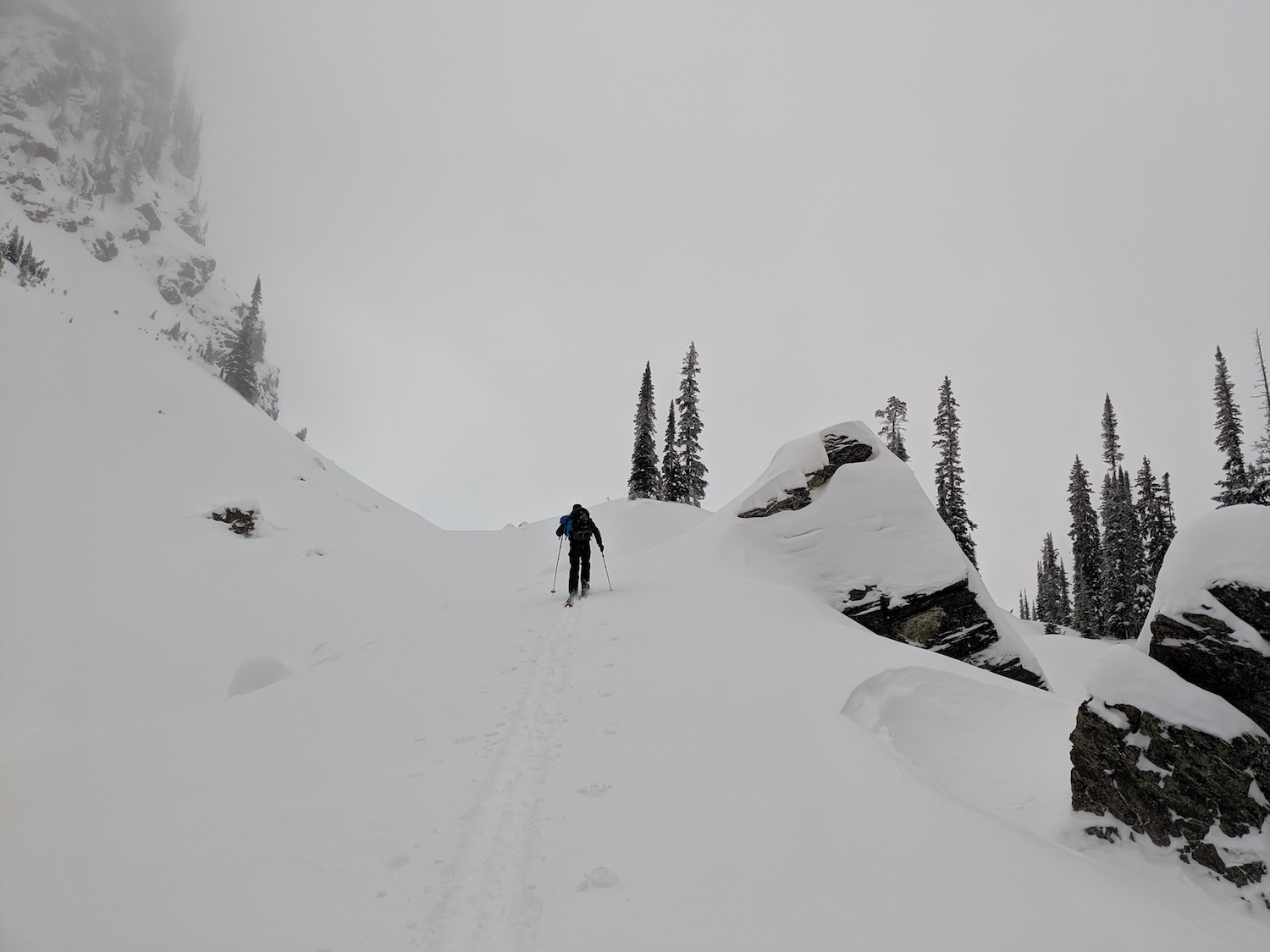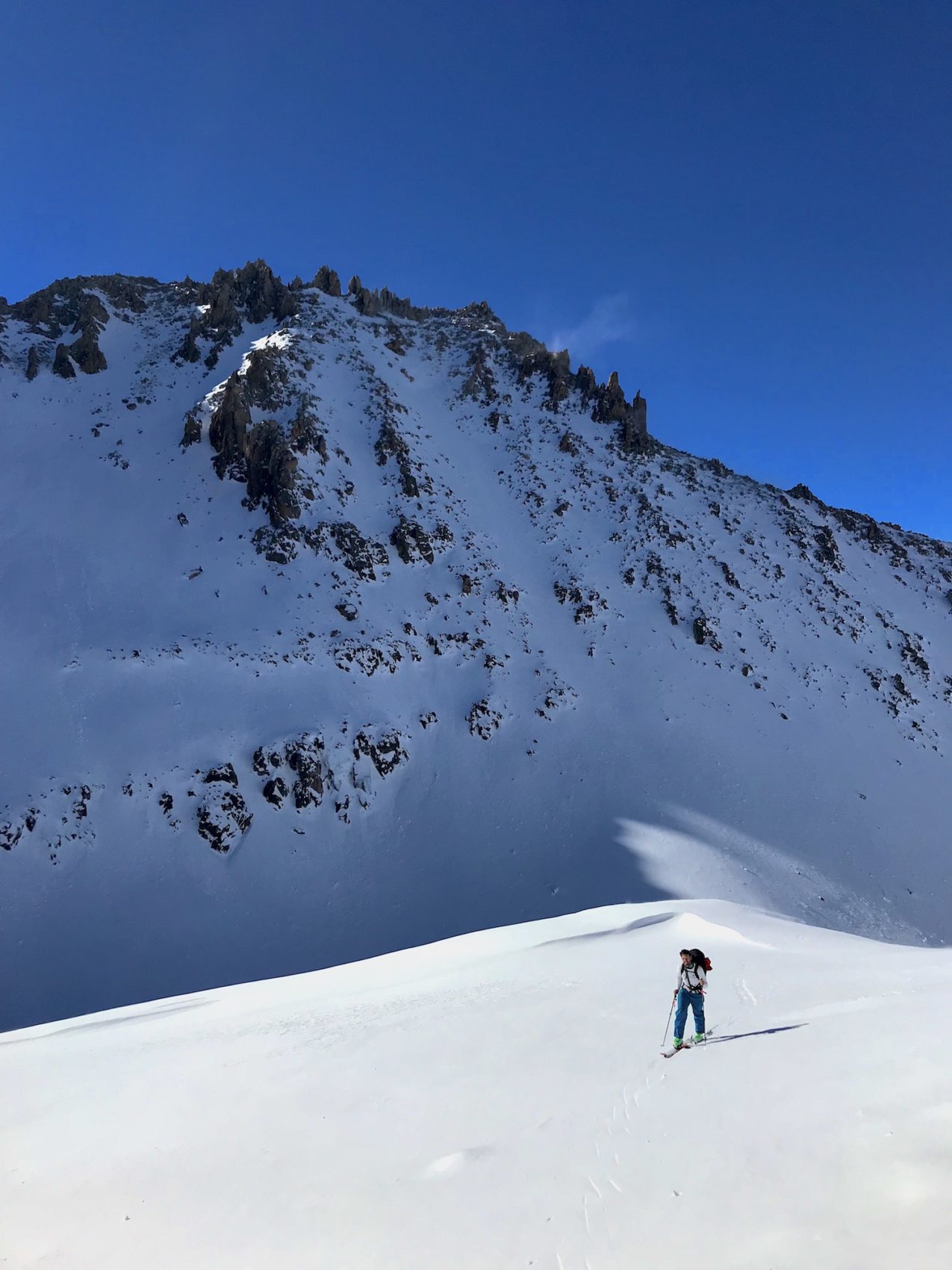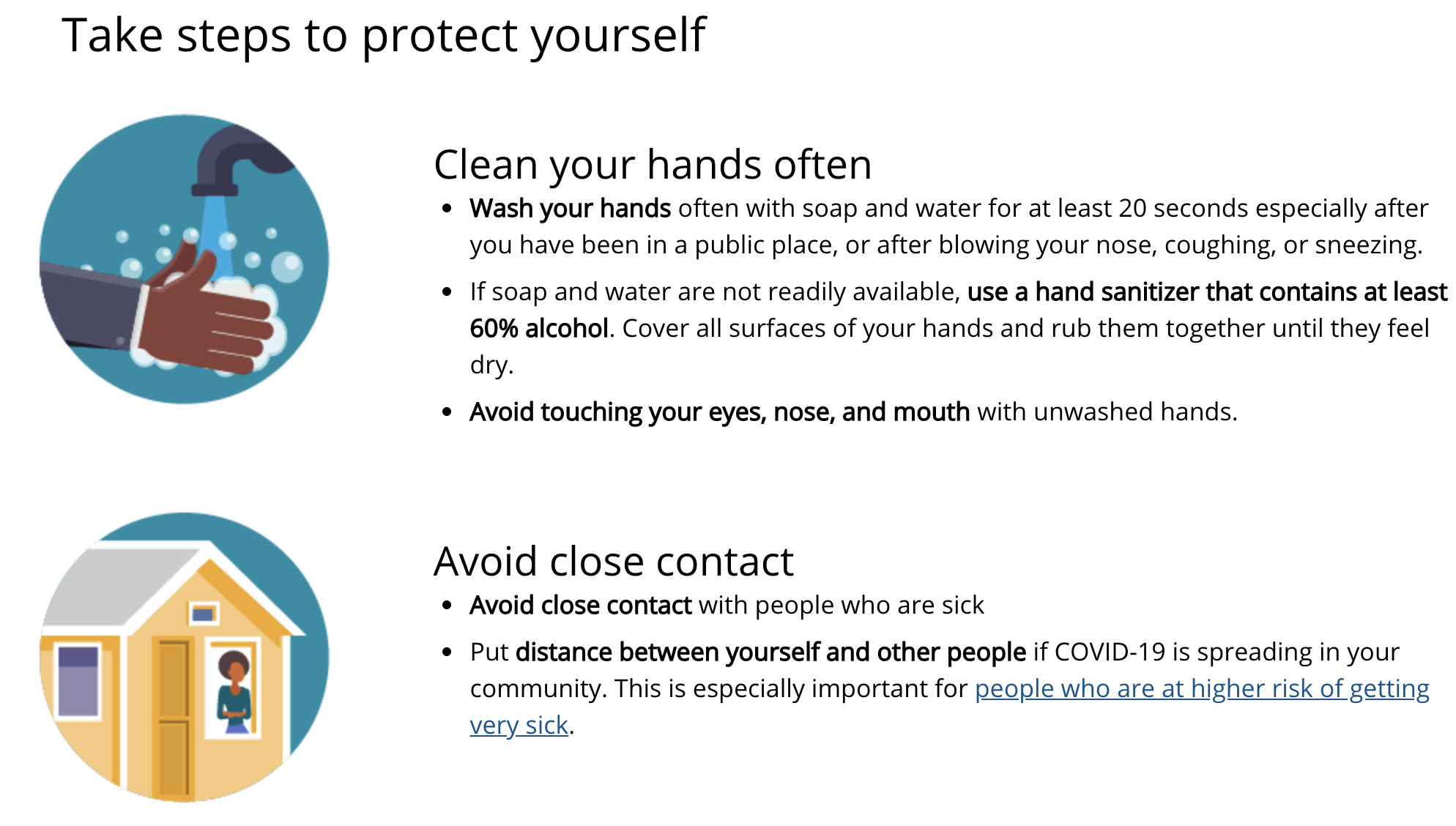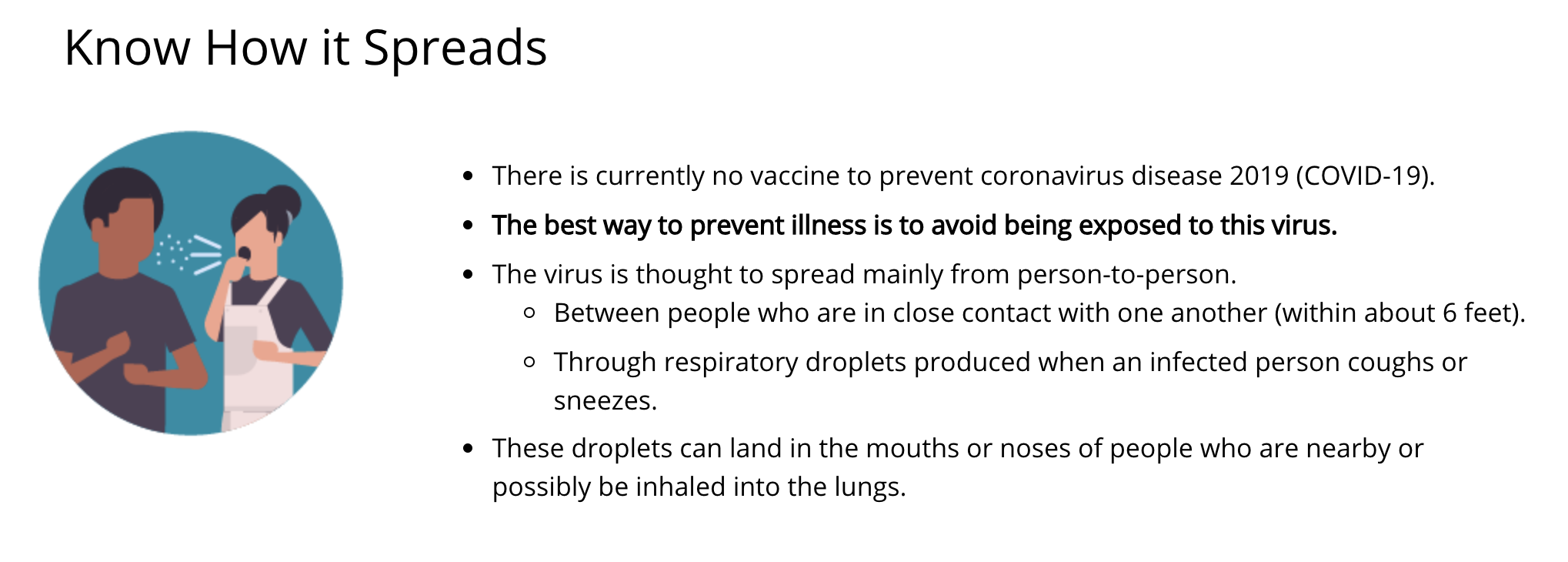
Brought to you by SCARPA Backcountry Week
If you must use the backcountry during the coronavirus crisis, we strongly implore you to follow the guidelines below.
The key takeaway is:
- If you don’t live very near a backcountry recreation area, please do not travel to visit one – stay in your local area.
If you live very close to a backcountry recreation area, please follow the below guidelines to make sure your backcountry recreation creates no close contact with any humans and thus prohibits the spread of coronavirus in every way while avoiding injury to avoid creating an additional burden to our healthcare system.
If you live very close to a backcountry recreation area you are very fortunate to have access – that access can be taken away as it has been taken away in San Juan County, CO if we don’t all do our part and be intelligent about our behavior in the backcountry.
Let’s all do our part to not spread coronavirus and do all we can to not create an additional burden on our healthcare system during this crisis.

Guidelines for Backcountry Use During Coronavirus Crisis:
Behave As If You’re Infected:
- At all times, behave as if you’re infected with coronavirus
- Wash your hands frequently
- Don’t touch anyone – don’t touch anything you don’t have to
- Don’t touch your face
- Always cover your mouth when you cough or sneeze with a tissue or the inside of your elbow
Do Not Travel To Backcountry Zones:
- Do not travel to get to a backcountry zone
- If you do not have a backcountry zone very near your residence, you will need to wait until the coronavirus crisis is over before accessing the backcountry
- Traveling to get to a backcountry zone means you potentially bring coronavirus with you to that remote backcountry zone and community and that is exactly what we are trying to avoid right now
Only Use Local Backcountry:
- Only use the backcountry if you can very easily & very quickly access it from your home where you are “sheltering in place”
- If you don’t live very near a backcountry zone, you will need to wait until this crisis is over before backcountry recreating
- Do not travel to use a backcountry area because if you do, you potentially bring coronavirus with you to that remote backcountry zone and community and that is exactly what we are trying to avoid right now
Social Distancing:
- Stay at least 10-feet away from your ski partners, from people in parking lots, from everyone at all times
- If you arrive at a backcountry zone that is busy with cars and people, move on or cancel that recreation for the day
- If you cannot backcountry recreate without getting close to other humans, cancel that recreation for the day
- Avoid the backcountry on weekends when more people are active
Ski/Ride/Recreate Conservatively:
- Ski/ride/recreate in a manner that will ensure you do not get injured
- Injury and rescue right now will put an additional burden on our healthcare system during this coronavirus crisis
Visit Less Frequented Locations:
- When choosing from your local backcountry zones, choose the zones that see less human traffic to avoid contact with other humans
Don’t Hang Out:
- Do not hang out with friends on the trail, in the parking lot, at the top of the hill, at transitions, anywhere
Follow Local & Federal Regulations:
- Please check your local and federal regulations and follow their guidance
- In some locations, San Juan County CO, for example, backcountry recreation is currently banned
Know How Coronavirus Spreads:
- The virus is thought to spread mainly between people who are in close contact with one another (within about 6 feet) through respiratory droplets produced when an infected person coughs or sneezes. – CDC, 3/25/20
- It also may be possible that a person can get COVID-19 by touching a surface or object that has the virus on it and then touching their own mouth, nose, or possibly their eyes, but this is not thought to be the main way the virus spreads. – CDC, 3/25/20
- Learn what is known about the spread of newly emerged coronaviruses at https://www.cdc.gov/coronavirus/2019-ncov/about/transmission.html. – CDC, 3/25/20


Yeah, love seeing this halfway through the second backcountry ski season since Covid-19 became a thing, but maybe just stick to making boots instead of reiterating what the professionals have been throwing down our throats for the last year. Coming from Scarpa this seems as unnecessary as it does late.